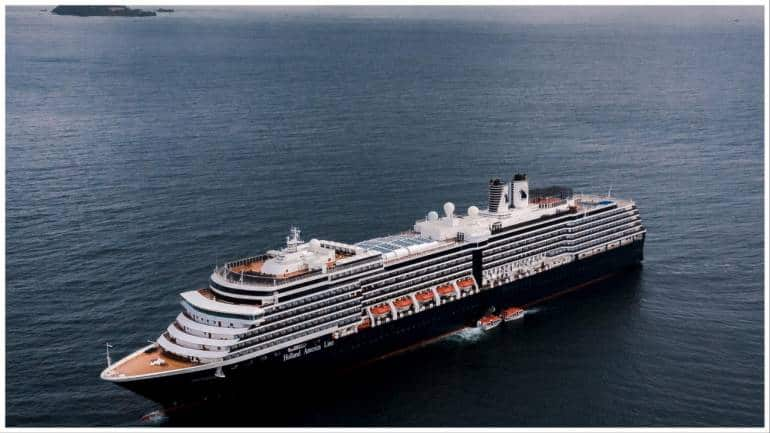The United States and the European Union are ready to support the development of a new shipping and rail corridor that will connect India to the Middle East and potentially expand it further, the Financial Times said on September 9, as New Delhi announced the state’s and heads of government of the world’s 20 largest economies host the annual G20 summit.
Aimed at challenging China’s economic influence in the region, the planned infrastructure initiative will include Saudi Arabia and the United Arab Emirates (UAE), the London-based newspaper said.
The plan is expected to be formally unveiled at an event on the sidelines of the G20 summit through a memorandum of understanding agreed to by leaders including US President Joe Biden and Prime Minister Narendra Modi, the report said citing U.S. officials.
Find out the latest updates from the G20 summit here
Discussions about the project, which would also include a new submarine cable and new energy transport infrastructure, have been ongoing for several months.
With the launch of the MoU, these discussions will move into a more formal phase. At this point, no binding financial commitments had been made, the daily quoted a senior Western official involved in the talks as saying.
“[The corridor] will enable the flow of trade, energy and data from here in India across the Middle East to Europe,” the report quoted Jon Finer, the US deputy national security adviser, as telling reporters on September 9.
Also Read: PM Modi identified as leader representing ‘Bharat’ at G20 meeting
According to the daily, EU Commission President Ursula von der Leyen is likely to say at the launch of the project: “This is nothing short of historic. It will be the most direct link yet between India, the Arabian Gulf and Europe.”
For the US, the proposed project is expected to serve as a strategic countermeasure to China’s growing influence in the region and comes at a time when Washington’s traditional Arab allies, including the United Arab Emirates and Saudi Arabia, are strengthening their ties with China, India, etc. strengthen other Asian powers.
The project could potentially help the US maintain its presence and influence in the region amid changing geopolitical dynamics, the report said.
“China is a factor. The US is also trying to refocus attention on the region, reassure traditional partners and retain influence,” a person briefed on the negotiations told FT.
Also Read: PM Modi urges world to convert global trust deficit into mutual faith
The EU’s role in the agreement was discussed during von der Leyen’s visit to Abu Dhabi on September 7, when she held talks with UAE President Mohammed bin Zayed al-Nahyan.

“Incurable gamer. Infuriatingly humble coffee specialist. Professional music advocate.”







